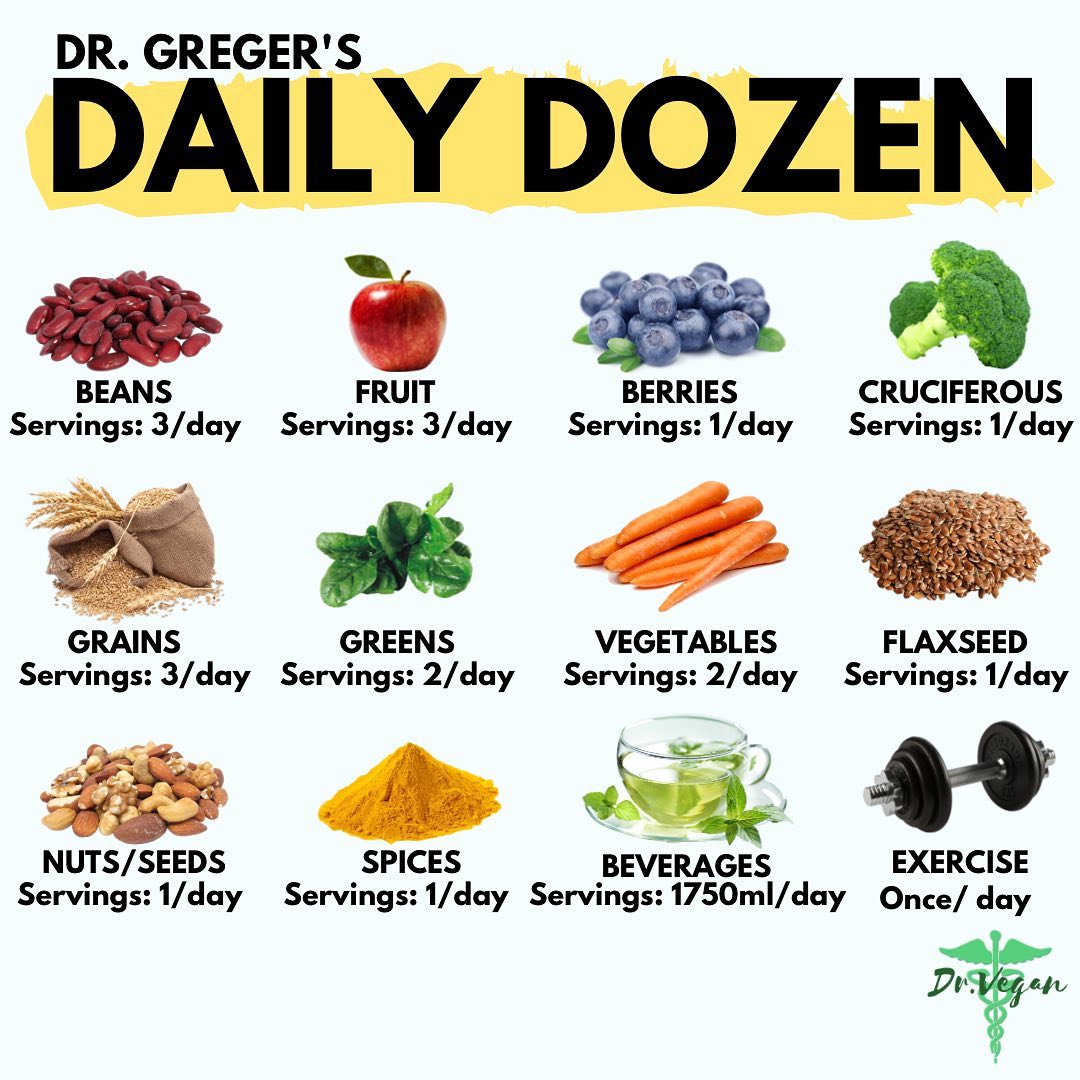Are American food plates bean deficient? Unfortunately, yes.
How many beans should we eat daily? In this article, Dr Greger says,


Beans are an important part of Dr Fuhrmans' guidelines. The acronym G-BOMBS stands for (G)reens, (B)eans, (O)nions, (M)ushrooms, (B)erries and (S)eeds.
Beans & Longevity: The more beans we eat, the longer we live! How come? Beans have 'nutrition superpowers' outlined in this article:
- (2014) Why We Should Eat More Beans by Dr Greger.
Let's explore these superpowers:
Beans & Diabetes: What is so magical about beans that American Diabetes Association lists them as the top superfood for diabetes? Beans have the ability to control blood sugar levels several hours, even a day, after consumption!
Beans & Heart Disease: American Heart Association encourages bean consumption. Why? In one of his videos, Dr Greger explains that eating just half a cup of beans for two months led to a drop of 20 points in cholesterol levels!
Beans & Gut Health: Beans are rich in fiber. A fiber-rich diet is known to promote the bacterial colonies that feed on fiber, thereby protecting them from gut dysbiosis.
Beans & Cancer: Fiber, phytates and other micronutrients in beans reduce cancer risk. Soybeans are known to reduce risks for cancers like breast cancer and prostate cancer.
Beans & Bones: Phytates in beans bolster bone health.
Beans & Prostate Health: "All men should consider eating a prostate-healthy diet that includes legumes (beans, peas, lentils, soy); certain vegetables (like garlic and onions); and certain seeds (flax seeds); and avoids refined grains, eggs, and poultry." — Dr Greger.
Beans & Resting Heart Rate: Beans can lower our heart rate! Lower heart rates are associated with longevity.

 Instagram
Instagram YouTube
YouTube